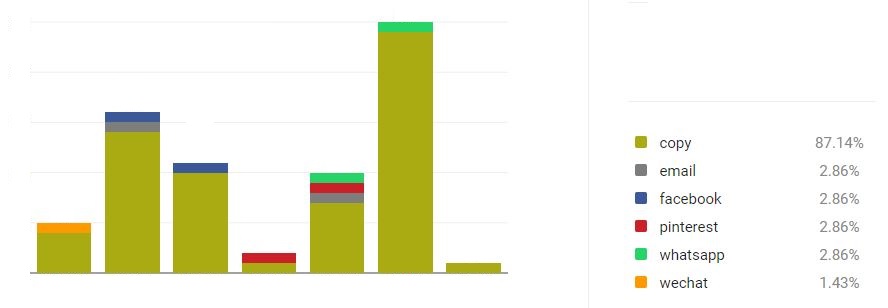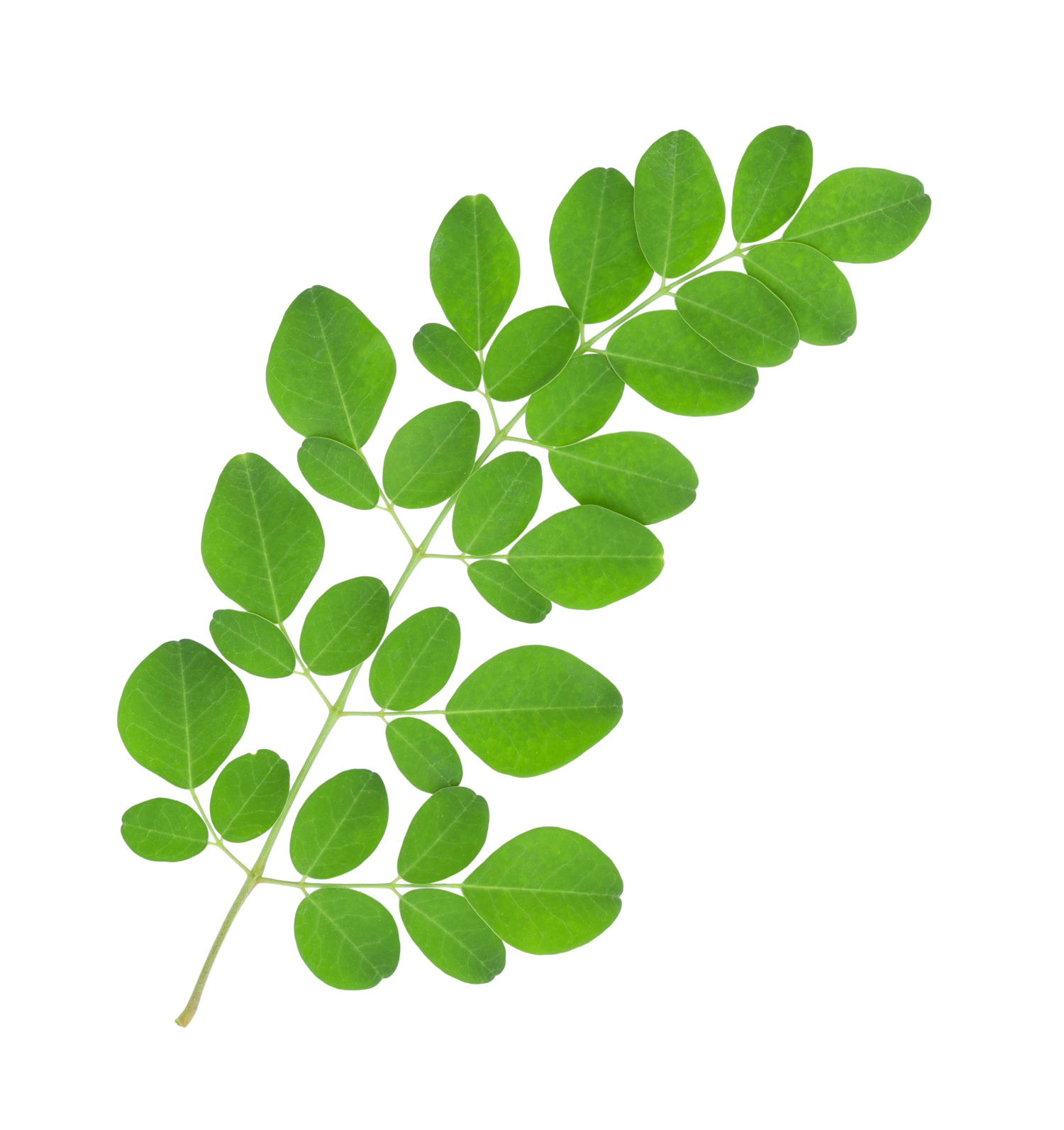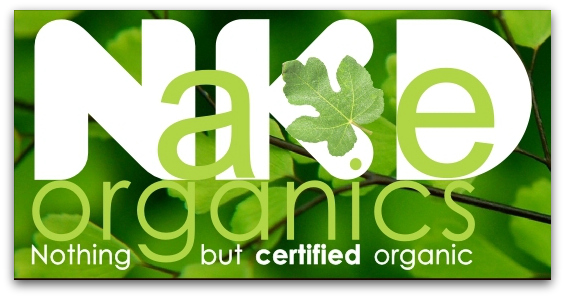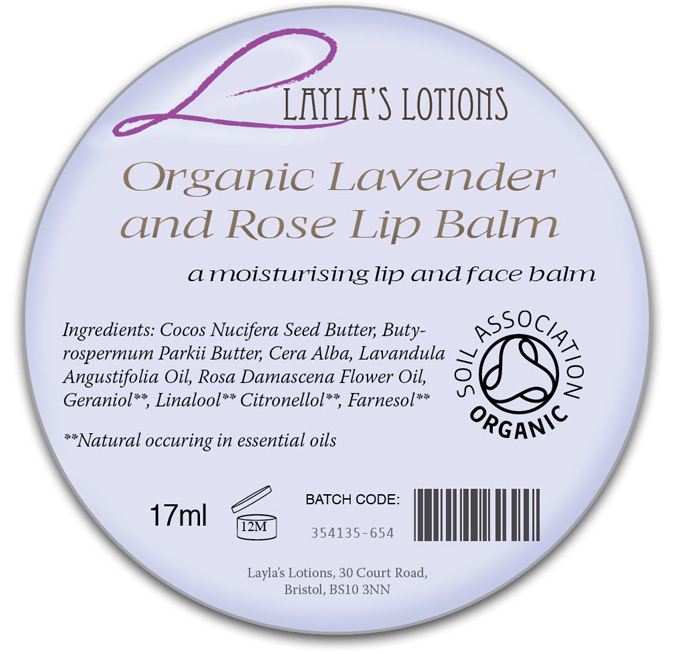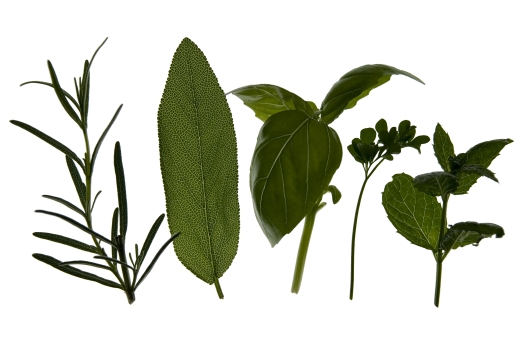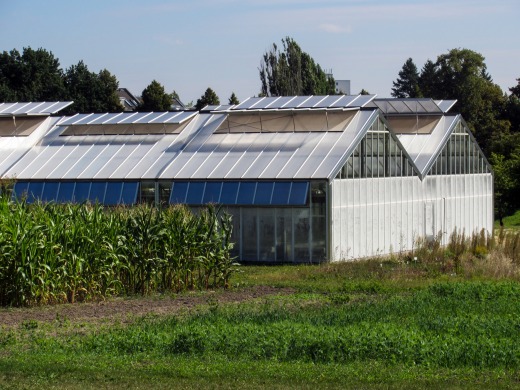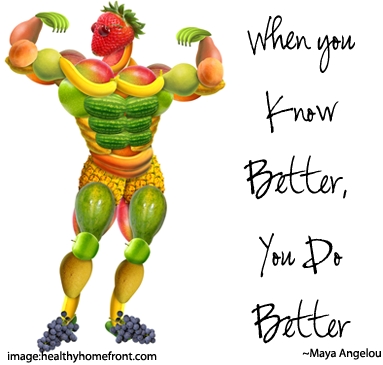|
|
www.moyoway.com |
Buy your Certified Organic |
|
|
CLICK FOR NAKED www.moyoway.com |
Moyo is an African origin word which implies that the
"heart and mind act as one to cultivate the spirit”
What are organic cosmetics
>Home Page >>Organic Cosmetics
Organic cosmetics just sounds so right. Good for us, good for the environment, good for our world and good for our future. Almost to good to be true ... there must be a catch?
- I guess in one way or another, we are generally compulsive.
- I guess that we are also predictable – just put a bit of fear in us and we will generally respond in a predictable way.
- Not only are we compulsive and predictable, we are also habitual. We buy what we know – and this is every brands Holy Grail.
- We are probably also ignorant - if it does the job and we are satisfied, why would we want to know anything more?
- As this site is about makeup and cosmetics, it would be fair to say that cosmetic brand loyalty is strong within us.
My Dad used Old Spice for as long as I can remember. Naturally, it was the first aftershave lotion that I tried.
Many young ladies experimenting with makeup and cosmetics will generally start off with what Mum uses.
Mum, of course, will also have her opinion. If it is good enough for Mum, then it is good enough for her daughters.
- How does the saying go … familiarity breeds contempt
You are reading this paragraph for a reason. Deep down you have that feeling that all is not well - especially with the above points. You are here because all the flashy websites are simply not getting down to the basics of keeping things simple.
So often, they are all about about manipulation to get you to do things. All YOU want is a simple and informative website without distractions and hassle.
You are also reading this because of all the persistent rumours and findings about toxins in traditional cosmetics and there is a consumer move toward organic alternatives for cosmetics and makeup. Why would you not want to be part of this move?
In Europe, this movement is growing at about 10% per year.
- In a 60 billion Euro business (in Europe), 10% growth is a formidable figure
What is organic cosmetics?
How do you know that you are really getting the real organic makeup?
To start off with, organic makeup, or cosmetics, has several different meanings and ways of labelling.
If it is certified organic cosmetics, this generally means that there is a set of rules used to control the growth of the plant.
Sometimes these rules are country specific and based on consortium’s, sometimes these rules are guidelines and sometimes these rules have legal binding.
- These rules generally mean plants grown without the addition of man made ingredients
As we narrow down the meaning of the word organic and how we are (as consumers) exposed to this meaning, here is the interpretation from the United States Department of Agriculture, who are the certifying authority in the United States :
"Organic is a labelling term that indicates that the food or other agricultural product has been produced through approved methods. These methods integrate cultural, biological, and mechanical practices that foster cycling of resources, promote ecological balance, and conserve biodiversity. Synthetic fertilizers, sewage sludge, irradiation, and genetic engineering may not be used."
If it is organic cosmetics only (without certified) then there are too many variables. If the farmer used organic manure as a fertiliser but used synthetic pesticides to keep the bugs away – is the plant organic or not?
By changing the wording to say “Grown Using Organic Materials”, is the farmer telling the truth or is he trying to trick us?
We are not here to point fingers at the farmer, we are here to learn so that we are able to tell the difference and make educated choices based on what we know.
- This train of thought is important because we do not have time to sift through manipulative advertising and labelling - we just want to go straight to the right product
Organic does not only refer to plants and extracts of plants. In cosmetics, organic can also mean naturally occurring materials, such as minerals.
If your choice of organic cosmetics are to include plants only, then you will need to double check the labelling to ensure that there are no minerals.
What does "Organic" mean in the cosmetic industry?
It means an ingredient or substance that contains hydrocarbons. Petrochemicals are hydrocarbons which means organic.
To avoid repeating content concerning hydrocarbons (organic substances), you can read more about this here.
With various interpretations from different people and organisations, the message is clear. Educate yourself and learn to identify these variations.
It will make all the difference between being mistaken and doing the best thing for yourself.
As with all things in life, even the good ones, excess can be bad for us. This is true for organic cosmetics too and being compulsive may lead to mistakes being made.
It would not be a good idea to run into the forests, grind up some herbs, add a little water and use it on your skin.
This is the same as running to your nearest store and heading directly for the Organic Cosmetics section. A little research beforehand would be in your best interests.
Here are examples of why some ingredients used in organic cosmetics should not be used :
- sage should not be used by pregnant women
- nanoparticles (or micronised) ingredients of less than 100nm
- rosemary should not be used by epileptics
For a cosmetic to be truly organic, the following needs to be
considered :
- the growth of the plant needs to be organic (organic farming)
- the container needs to be organic (made organically)
- the cleaning materials need to be organic (organically made)
- the transportation needs to be organic (organically made and run)
- the electricity used needs to be organic (organically generated)
Every aspect of the product needs to be organic in the true sense of the word. While a carrot may be able to fulfil every aspect of being organic (from the seed to the time that you consume it), this may not be the case for organic cosmetics.
Various stages of organic makeup may achieve total organic compliance, but our world today is simply not geared for every single aspect of organic compliance during its process of production.
This is where we need to be savvy and sensible. While the world plays catch up with consumers demanding organic makeup, this may well be a process that will still take years to achieve.
Ships still need diesel to travel the seas, aeroplanes still need kerosene to cross the continents and our vehicles still need fuel to go from A to B.
A basic component of organic makeup manufacture, is transport, and transport is nowhere near to being organic just yet.
A best case scenario for organic makeup would be :
- all the ingredients grown on an organically certified farm
- all the ingredients prepared and blended on the same farm
- all the products packaged in containers produced from the same farm
- all the products sold from the same farm
Already, this is a difficult achievement.
Now that you have an idea of what organic means, you can search the web and stores, ask the right questions, look for the right wording and make sure that you get the best for yourself and for your planet.
In your search for organic skin care products, reading the ingredient labels will be a key element of your research. A makeup tip for organic makeup will be to look out for botanical waters or floral waters on the list.
These waters are not agriculturally sourced and prepared. They are a by-product of essential oil distillation that typically uses synthetic or alcoholic substances as part of the extraction and formulation process.
Organic floral waters will only use agricultural water for the distillation process. This process ensures organic cosmetic compliance in the organic skin care product.
Organic Cosmetics (Back to Top)
The Rules and Ingredients of Organic Makeup
